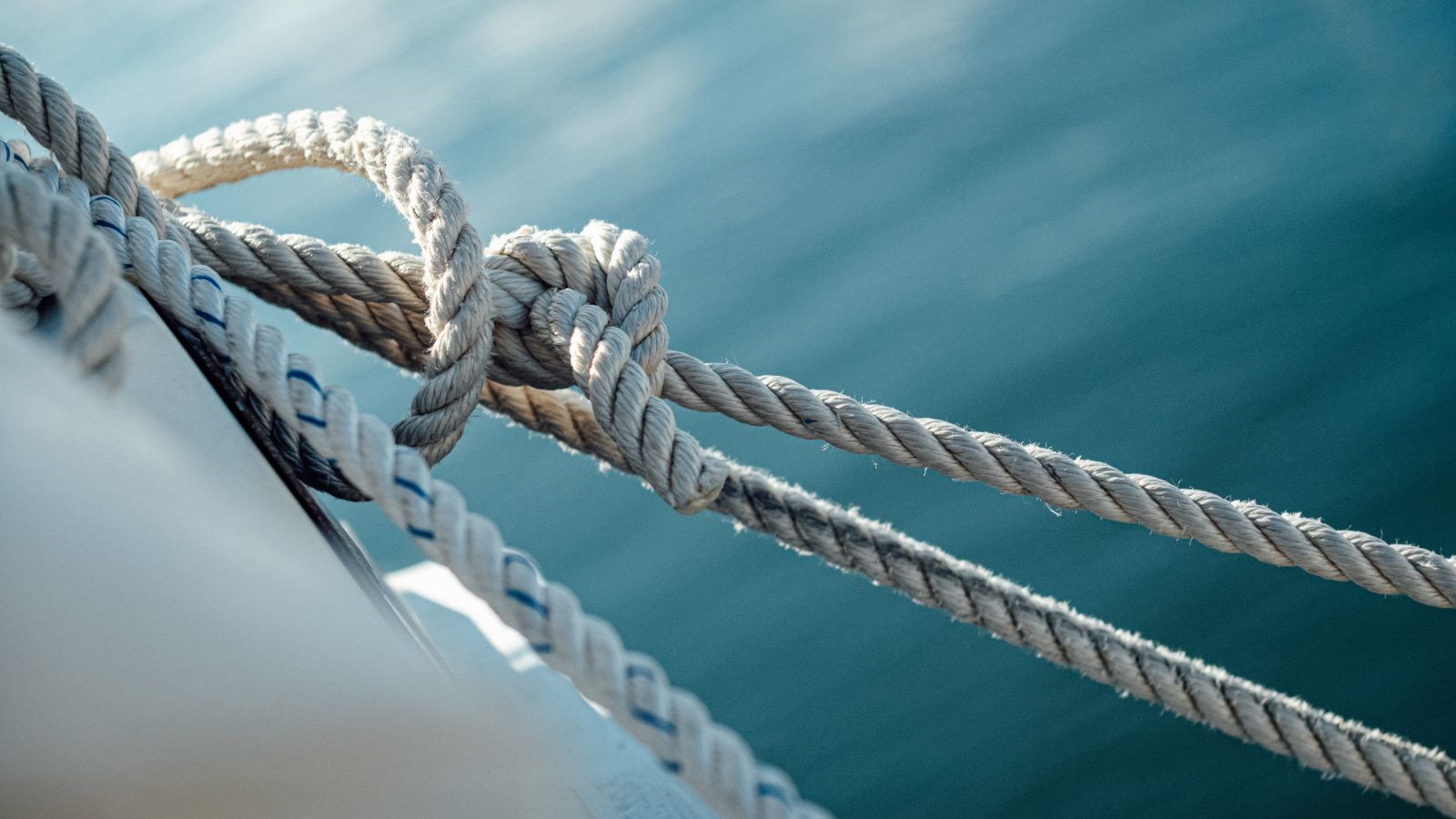
 1.In the overall context of global sustainability, how important is sustainability in shipping and why?
1.In the overall context of global sustainability, how important is sustainability in shipping and why?
Sustainable shipping is crucial to preserving marine and coastal biodiversity. Marine lives are directly affected by the operation of ships as many marine mammals are not as fast as the ships and it causes them injury and death. Oil spill from tankers can cause huge long-lasting damage to coastal and marine lives. If not observant, critical eco-system can be lost forever if shipping routes are not managed or controlled. Inadequate safety and health arrangement can cause lasting damage to people working in the shipping industry.
2. What can shipping companies do to reduce carbon footprint in line with regulations?
Shipping supportive infrastructure like ports need to excel at providing adequate occupational health and safety protection to its workforce caused by shipping operations. Ship dismantling and building sites also need to ensure occupational safety of its workers and adequate coverage of their health. Some eco-sensitive zones should be off-limits to shipping including cruise ships.
3. What are the benefits of being sustainable for shipping owners & operators?
Ship owners and operations share responsibilities like other sectors to be sensitive about the fragile marine eco-system and communities that are connected to the eco-system and the shipping industry. Switching to a less noisy machinery would ensure better working environment for the crews and the port workers, which eventually will ensure lasting productivity of the workforce. This will yield better return from the trained human resources. Caring for the marine eco-system would ensure future flow of tourists into the cruise liners as the tourists will stop joining the cruise if the negative impact of shipping into the eco-system is promoted further through more convincing statistics.
Switching to energy efficient machineries and installation would ensure lower fuel cost for the shipping industry and will ensure improved carbon-footprints and eventual gains from future carbon trade from the governments, traders and agencies.
Ensuring adequate occupational safety and health will ensure greater productivity of port workers and longer return from their training which will eventually result in reduced charges for handling. Conditional dismantling of ships and building of new ships will again ensure better health of the workers which will translate into greater workmanship and reduced negative campaigns about the safety conditions of those sites.
4. What are risks or pitfalls to avoid in developing more sustainable solutions?
Shipping industry will see a greater collaboration within the sector which will look into efficiency of the shipping operation and their role in ensuring social and environmental sustainability. Many of these efforts may not be immediately known to its retail and business clients. Like other sectors, shipping industry can also run their own pilot and mainstreamed sustainability programmes to educate their clients about their roles in forging partnerships with the shipping line concerned.
5. Name two or three obstacles for achieving sustainability in shipping (e.g. Standards? Culture? Uncertainty in regulations?) and describe why they matter?
Shipping standards may not be that visible to the clients who use the service to build their image to their own clients. Standards and certifications need to be developed to ensure different environment and health standards to transform them into values for the concerned shipping company. Shipping culture can also be an obstacle, particularly in the case of dumping of effluent which seems to be no one’s concern.
6. How can technology be leveraged to support sustainability?
Water quality and tagging of ships can be improved so that the carbon footprints of ships can be identified independently. Ports serving the shipping operation can also be tested for its noise, water quality etc. and that can regularly be updated online.
7. What's the one thing that you'd want our readers to take away from this roundtable?
Better shipping leads to better marine eco-system that eventually leads to better liveable planet.

These Stories on Decarbonisation